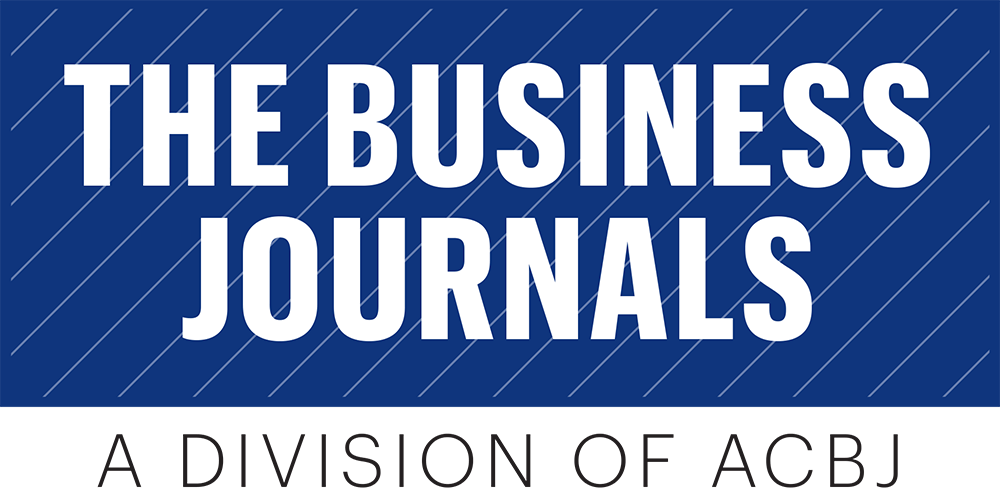DETROIT, MI (September 24, 2018) - A financially strained school cafeteria worker was led to believe she had qualified for a $4,000 loan and saw it deposited in her bank account, only to discover that the check was fake and that she owed her bank $4,800 after spending the scam loan money.
"The number one message that is important for people to understand is that just because the check has cleared doesn't mean it's good," said Nessa Feddis, senior vice president of consumer protection and payments for the American Bankers Association.
Predatory lender con artists send phony loan checks, gift cards or Western Union transfers and need victims to spend quickly, before the bank realizes the check is a fake.




















